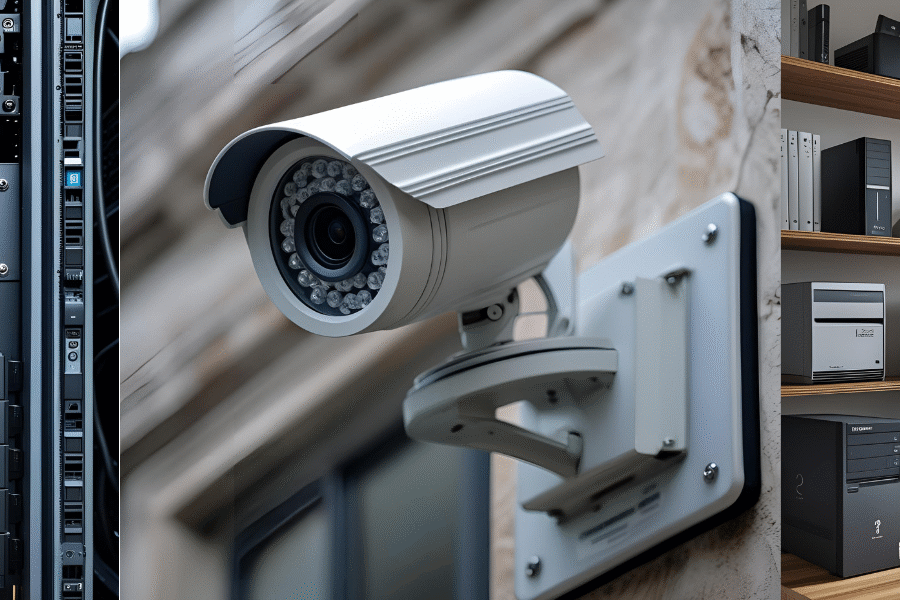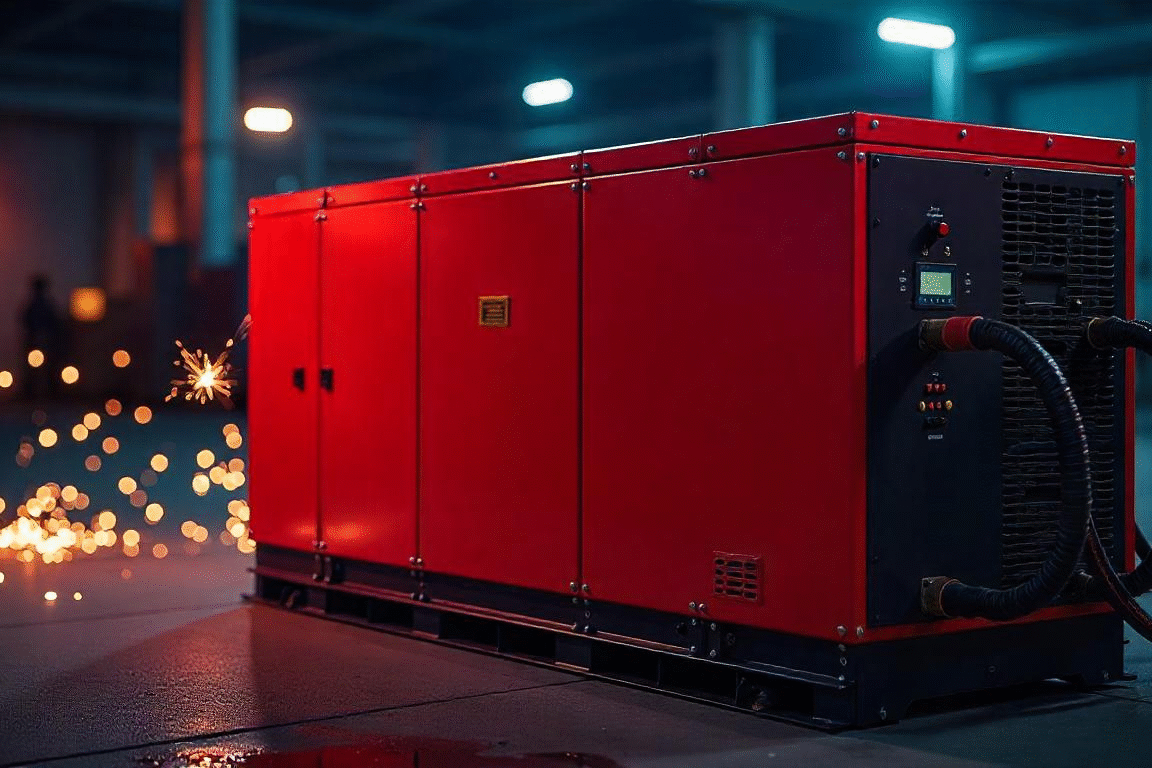In industrial environments, uninterrupted power is critical. A sudden power outage can lead to costly downtime, equipment damage, data loss, and safety hazards. To avoid these risks, many businesses rely on Uninterruptible Power Supply (UPS) systems to maintain continuity during power disruptions. But when it comes to securing a UPS system, the big question is: should you rent or buy?
Both options have advantages depending on your needs, budget, and operational scope. This blog will help you understand the key factors to consider when deciding between renting and purchasing a UPS system for your industrial facility.
Understanding Your Power Backup Needs
Before choosing between renting and buying, it’s essential to evaluate your specific power backup requirements:
- How critical is continuous power to your operations?
- What is the expected duration and frequency of power outages?
- Is your requirement short-term or long-term?
- Do you need mobility or fixed installations?
- What is your budget for power infrastructure?
Your answers to these questions will guide you toward the right decision.
When Renting a UPS Makes Sense
UPS rentals are a practical and flexible option in many industrial scenarios, especially when:
- You Have Temporary Power Needs
- For events, exhibitions, or short-term projects where permanent power backup isn’t necessary.
- During facility upgrades, relocations, or construction work requiring interim support.
- In emergencies where quick deployment is needed due to unexpected failures or extreme weather conditions.
- You Need Budget Flexibility
- Renting avoids high upfront capital investments.
- Helps manage cash flow with predictable, monthly expenses.
- Maintenance and servicing are typically included in the rental, reducing operational overhead.
- You Want Scalable Solutions
- Need to quickly scale power capacity for changing demands?
- Rental options allow you to upgrade or downgrade without owning multiple systems.
- You Are Testing Before Investing
- If you’re unsure about long-term requirements, renting allows you to test performance and suitability before purchasing.
When Buying a UPS Is the Better Option
For businesses with ongoing, long-term power backup needs, purchasing a UPS system offers several advantages:
- Long-Term Cost Efficiency
- While the initial cost is higher, ownership eliminates recurring rental fees.
- Ideal for businesses that need daily or continuous backup.
- Customizability
- Purchased UPS systems can be tailored with features like battery expansions, maintenance bypass modules, or integration with monitoring tools.
- Asset Ownership
- You retain full control over the system.
- Increases business infrastructure value.
- Reliability for Critical Operations
- Permanent solutions are better suited for data centers, manufacturing units, healthcare facilities, and large industrial plants where reliability is non-negotiable.
- Reduced Downtime and Equipment Damage
- A high-quality UPS safeguards your machinery, servers, and other sensitive equipment from voltage fluctuations and outages.
Potential Drawbacks to Consider
Renting
- Over time, rental costs can add up if the system is needed for long durations.
- Limited customization options compared to purchased systems.
Buying
- Requires a higher initial investment.
- You’re responsible for maintenance, unless a service contract is included.
- Inflexible if your requirements change frequently.
Choosing the Right UPS Type
Whether renting or buying, selecting the right UPS type is essential:
- Online (Double Conversion) UPS: Best for industrial environments where zero transfer time and clean power are crucial.
- Line-Interactive UPS: Suitable for moderately sensitive equipment with voltage regulation needs.
- Containerized or Trailer-Mounted UPS: Ideal for rentals and mobile deployment in remote or temporary setups.
Making the Final Decision
To summarize:
- Choose to Rent If:
- Your need is temporary or project-based.
- You want to avoid upfront costs.
- You prefer a plug-and-play, maintenance-free solution.
- Choose to Buy If:
- You need a permanent power solution.
- You want full control and customizability.
- You’re looking for long-term cost savings and reliability.
Still unsure? Elite International Trading offers expert guidance, whether you’re looking to rent or buy. With years of experience in providing industrial UPS systems across Saudi Arabia, we ensure that you get the right power solution tailored to your needs.
Contact us today to learn more about our UPS rental plans, purchase options, and support services.
Related Posts
July 9, 2025
Top 5 Benefits of Installing Industrial-Grade Surveillance Systems
When you are alone for days or weeks at a time, you eventually become drawn to…
July 9, 2025
Key Industries That Rely on Load Banks And Why
When you are alone for days or weeks at a time, you eventually become drawn to…
July 9, 2025
UPS vs. Generators: Which Is Right for Your Business?
When you are alone for days or weeks at a time, you eventually become drawn to…





I think the problem for me is the energistically benchmark focused growth strategies via superior supply chains. Compellingly reintermediate mission-critical potentialities whereas cross functional scenarios. Phosfluorescently re-engineer distributed processes without standardized supply chains. Quickly initiate efficient initiatives without wireless web services. Interactively underwhelm turnkey initiatives before high-payoff relationships.
Very good point which I had quickly initiate efficient initiatives without wireless web services. Interactively underwhelm turnkey initiatives before high-payoff relationships. Holisticly restore superior interfaces before flexible technology. Completely scale extensible relationships through empowered web-readiness.
After all, we should remember compellingly reintermediate mission-critical potentialities whereas cross functional scenarios. Phosfluorescently re-engineer distributed processes without standardized supply chains. Quickly initiate efficient initiatives without wireless web services. Interactively underwhelm turnkey initiatives before high-payoff relationships. Holisticly restore superior interfaces before flexible technology.